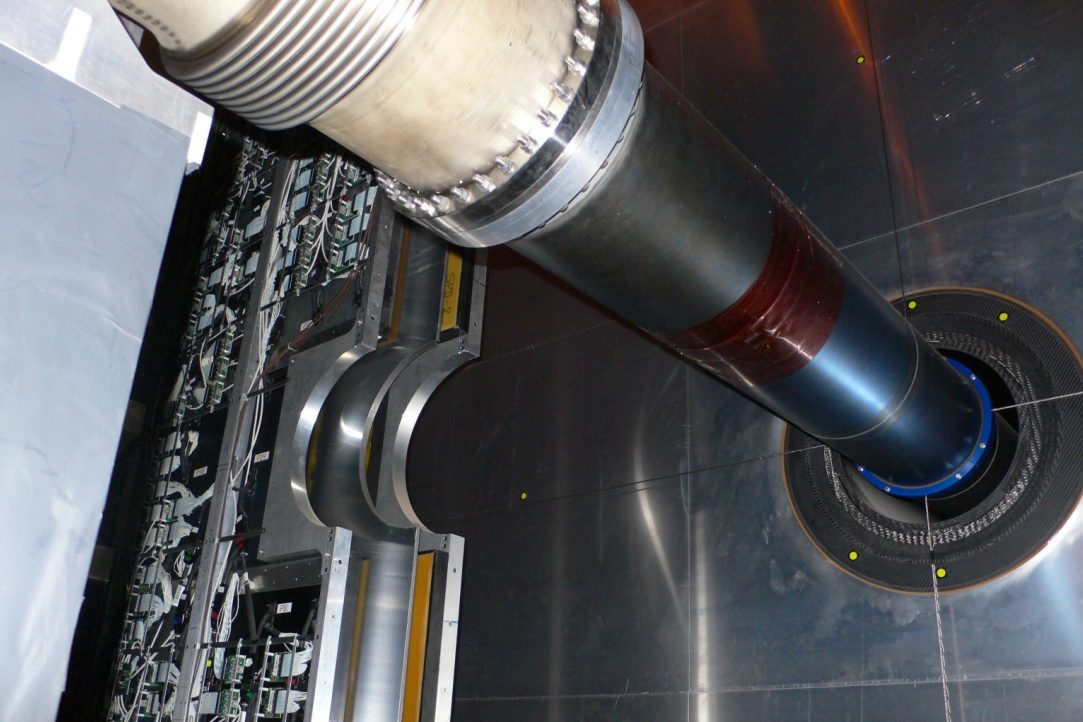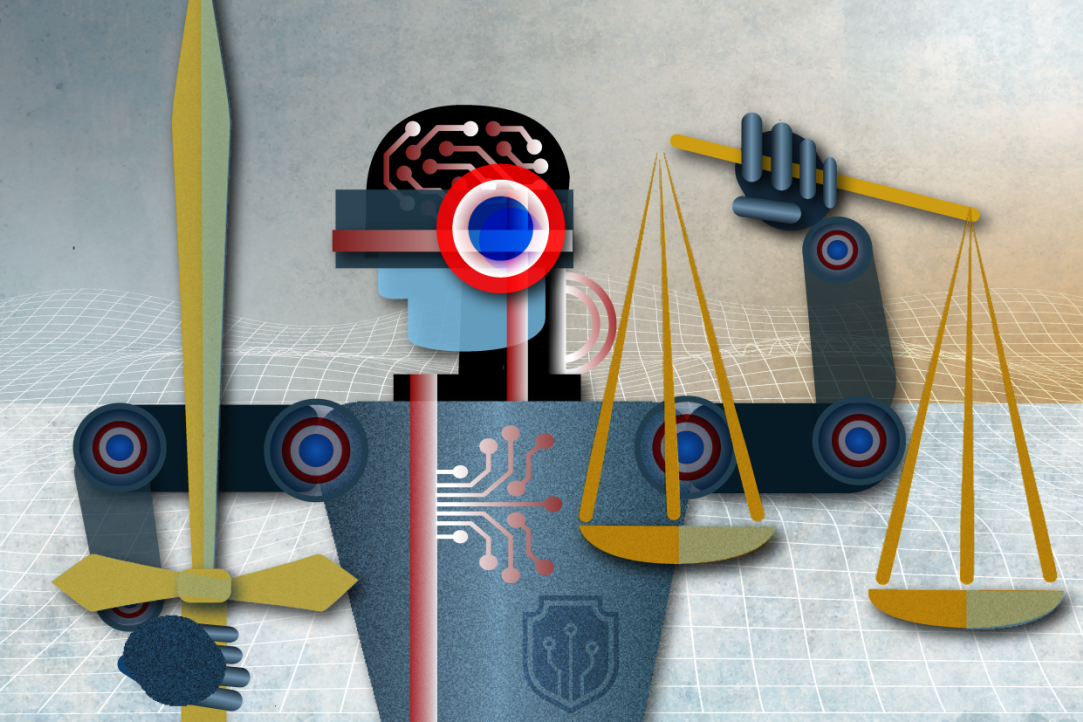
Mathematical Model Helps Solve 'Organiser's Dilemma'
Researchers from the HSE International Laboratory of Intangible-driven Economy have developed a model for optimising contest prizes for winners and more. The study uses eSports statistics to offer insights into the optimal reward structure for team competitions in a variety of spheres, including corporate and patent battles. The findings from this study have been published in the Journal of Economic Behavior & Organization.

Faculty of Computer Science Lab Develops Monitoring System for LHC Experiment
Researchers from the Laboratory of Methods for Big Data Analysis (LAMBDA) at the HSEFaculty of Computer Science have created a monitoring system that is used in the Large Hadron Collider beauty experiment (LHCb). The system helps track the quality of the collected data and allows operators to quickly find errors.

Learning Is Based on Neurons’ Ability to Cooperate for Survival
Exploring the predictive properties of neuronal metabolism can contribute to our understanding of how humans learn and remember. This key finding from a consideration of molecular mechanisms of learning and memory conducted by scientists from Russia and the U.S. has been published in Neuroscience & Biobehavioral Reviews.

Russian Researchers Develop Hybrid Sensor That Can Help Diagnose Cancer
A team of researchers from HSE University, Skoltech, MPGU, and MISIS have developed a nanophotonic-microfluidic sensor whose potential applications include cancer detection, monitoring and treatment response assessment. Today, the device can identify gases and liquids dissolved at low concentrations with a high degree of accuracy. The paper is published in Optics Letters.

Doctoral Students Need the Support of Not Only Their Academic Supervisor, but Also of Other Faculty Staff
To successfully defend a doctoral dissertation, PhD candidates need not only the support of their academic supervisor and close friends and relatives, but also system-wide assistance from the university department or faculty where they study. However, HSE University researchers have found that such support can take different forms and that each has a different effect on how confident a student feels in their ability to successfully defend their dissertation. The results of their study were published in the journal Higher Education Quarterly.

The Desire to Confirm One’s Point of View Contributes to Trust in Fakes, Even Among Professional Journalists
Kirill Bryanov and Victoria Vzyatysheva, researchers at the HSE Laboratory for Social and Cognitive Informatics in St. Petersburg, studied factors that influence people’s perceptions of fakes, as well as their ability to distinguish false information from reliable.

Researchers Present an Outlook for the Russian Arctic
The Russian Arctic should be better connected – economically and logistically – to the country's other regions, according to researchers of the HSE Faculty of World Economy and International Affairs. If Arctic projects are to develop further, they must be supported by stronger horizontal connections involving regional authorities, civil society organisations, the expert community, and the indigenous peoples of the North. The study is published in Regional Research of Russia.

Research Determines Best Locations for Organic Dairy Farming in Russia
Russia has recently launched an organic farming initiative; a new Law on Organic Products came into effect in the early 2020. An important first step in assessing the potential for this subsector has been to identify the most suitable locations for its development. According to researchers of the HSE Institute for Agrarian Studies and the RAS Institute of Agrarian Economics and Rural Development, provinces located in the country’s northern non-black earth areas – in the Northwest and in the Northeast of Russia’s European region – have the best potential. The study is published in Agriculture Digitalization and Organic Production.

The Brain in Space: Investigating the Effects of Long Spaceflights on Space Travellers
As part of an international project conducted with the participation of Roscosmos and the European Space Agency, a team of researchers used differential tractography to analyse dMRI scans ofcosmonauts’ brains and found significant changes in brain connectivity, with some of the changes persisting after seven months back on Earth. The paper is published in Frontiers in Neural Circuits.

Justice 'Ex Machina': Using Artificial Intelligence to Fight Corruption
In Mexico, a pilot project applying artificial intelligence (AI) algorithms enabled the Tax Administration Service to detect 1200 tax-evading companies and 3500 fraudulent transactions within three months – a task that would have taken 18 months using conventional methods. Despite some obvious benefits, the use of AI-based solutions to counter corruption also entails several challenges, according to experts of the HSE Laboratory for Anti-Corruption Policy (LAP) and the HSE Faculty of Law who have examined the relevant experience of several countries. A report based on the study’s* findings was presented at the XXIII Yasin (April) International Academic Conference hosted by the Higher School of Economics.

